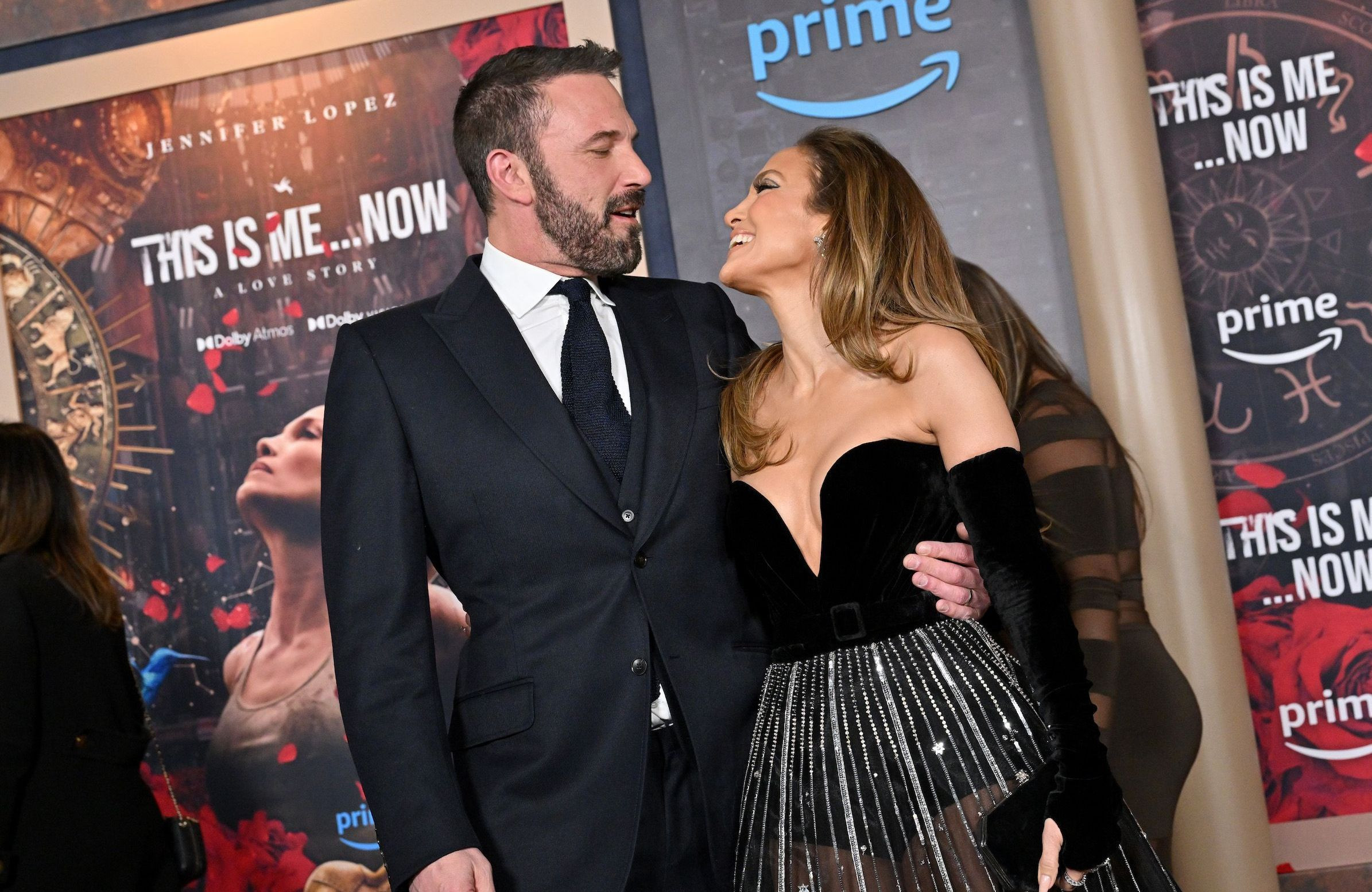Miley Cyrus, the pop star known for her hit songs and controversial persona, finds herself at the center of a legal battle over her Grammy-winning song, "Flowers." According to TMZ, a company called Tempo Music Investments has filed a lawsuit accusing Cyrus of "intentionally copying" Bruno Mars' 2013 hit song "When I Was Your Man" for her 2023 chart-topping single, "Flowers."
Tempo Music, which claims to own a portion of the copyright for "When I Was Your Man," asserts that "Flowers" contains numerous similarities to Mars' song, particularly in the melody, harmony, and chorus. They also claim that the chord progressions and even some of the lyrics in "Flowers" are strikingly similar to those found in "When I Was Your Man." The company argues that "Flowers" would not exist without "When I Was Your Man" due to the substantial similarities between the two songs.
The lawsuit has created a stir in the music industry, with many wondering whether the similarities between the two songs are significant enough to constitute copyright infringement. Some fans have pointed out that the two songs share a common theme of heartbreak and lost love, which may explain the similarities. However, Tempo Music maintains that the similarities go beyond mere thematic similarities and represent a clear case of copyright infringement.
This lawsuit further highlights the complex relationship between inspiration and plagiarism in music. While artists often draw inspiration from other artists, it is crucial to avoid copying elements of another artist's work that are protected by copyright.
Tempo Music is not only seeking financial damages from Cyrus but also requesting that she be barred from distributing and performing "Flowers" in the future. This could potentially involve removing the song from her 2023 album, "Endless Summer Vacation," and preventing her from performing it live.
While Bruno Mars himself is not named in the lawsuit, his music catalog has been the subject of much attention recently. In 2021, Mars sold a portion of his song catalog to Warner Music Group, which then invested in Tempo Music Investments. This strategic move by Mars has allowed him to cash in on his catalog, a trend that has become increasingly popular in recent years.
The outcome of this lawsuit will be closely watched by both the music industry and fans. If Tempo Music prevails, it could set a precedent for future copyright infringement cases. However, if Cyrus is successful in defending herself, it could highlight the challenges of defining the boundaries between inspiration and plagiarism in music.
The 'Flowers' Controversy: How a Lawsuit Unfolded
Allegations of Copying
The lawsuit filed by Tempo Music Investments centers on the claim that Cyrus’ "Flowers" incorporates unauthorized elements from Mars' "When I Was Your Man." Tempo Music alleges that the melody, harmony, and chorus of "Flowers" are strikingly similar to those in Mars’ song, which was released a decade prior. They go further to state that the chord progressions and even some lyrics mirror those of "When I Was Your Man."
A Question of Inspiration or Plagiarism
While some music enthusiasts believe that the similarities are merely a result of drawing inspiration from a popular track, Tempo Music argues that it goes beyond inspiration and constitutes copyright infringement. The debate about inspiration versus plagiarism is a recurring theme in the music industry. While artists often draw inspiration from other artists, it is crucial to navigate the line between homage and blatant copying.
Financial Damages and Performance Restrictions
Tempo Music is seeking financial damages from Cyrus, but the exact amount is not publicly disclosed. More importantly, they are also seeking an injunction that would prohibit Cyrus from further distributing and performing "Flowers." This would mean removing the song from her album and preventing her from performing it live, potentially affecting the future of "Flowers" as a significant part of her musical repertoire.
Bruno Mars and the Music Industry's Shifting Landscape
While Mars himself is not directly involved in the lawsuit, it highlights the changing landscape of the music industry. In recent years, many artists have been selling portions of their song catalogs to investment firms, allowing them to capitalize on their musical assets. Mars’ sale of his song catalog to Warner Music Group, which led to the investment in Tempo Music Investments, is an example of this trend. This move allows artists to receive a large sum of money in exchange for the rights to their music, while investment firms aim to profit from the ongoing royalties generated by those songs.
The Impact of the Lawsuit
The outcome of this lawsuit could have significant implications for the music industry. If Tempo Music prevails, it could set a precedent for future copyright infringement cases.
However, if Cyrus is able to successfully defend herself against these claims, it could reinforce the challenges of defining the boundaries between inspiration and plagiarism in music. The music industry relies heavily on creativity and inspiration, but ensuring that artists respect the intellectual property rights of others is vital for its continued success.
Miley Cyrus and the Enduring Power of 'Flowers'
The lawsuit comes at a time when "Flowers" has become one of Cyrus' most successful singles to date, reaching number one on the Billboard Hot 100 charts and earning her a Grammy Award. The song has resonated with audiences globally, and it has become an anthem for self-love and independence. This legal battle could affect the future of "Flowers" and its ability to reach even wider audiences. However, the song’s popularity and powerful message may very well transcend this legal controversy.
The legal battle between Miley Cyrus and Tempo Music Investments serves as a reminder of the complex intersection of creativity and copyright law in the music industry. The outcome of this lawsuit will undoubtedly be closely watched by both the industry and music fans alike.

















